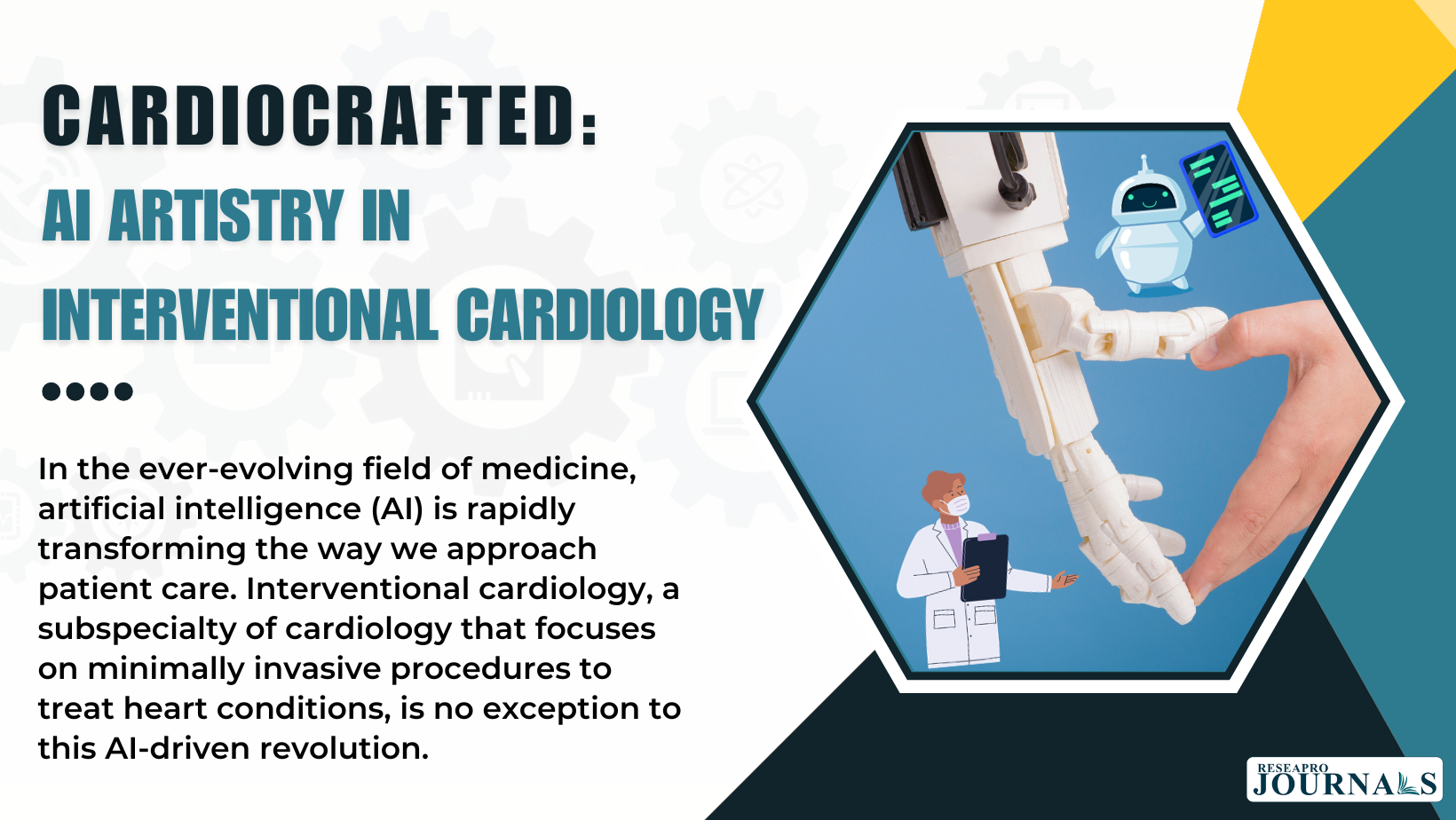|
Getting your Trinity Audio player ready...
|
Artificial intelligence (AI) is transforming the field of interventional cardiology, leading to improved patient outcomes and a more personalized approach to care. AI algorithms are being used to analyze medical images, guide robotic procedures, and make informed treatment decisions. This has the potential to revolutionize the way we care for patients with heart disease.
In the ever-evolving field of medicine, artificial intelligence (AI) is rapidly transforming the way we approach patient care. Interventional cardiology, a subspecialty of cardiology that focuses on minimally invasive procedures to treat heart conditions, is no exception to this AI-driven revolution. AI is being used to develop innovative tools and techniques that enhance the precision, safety, and personalization of interventional cardiology procedures.
Here are some of the key areas where AI is making a significant impact in interventional cardiology:
-
Image and video processing: AI algorithms can analyze images and videos from interventional procedures to identify abnormalities and make diagnoses with greater accuracy and speed than human experts. This allows cardiologists to make more informed decisions about patient care promptly.
-
Robotic assistance: AI-powered robotic systems are assisting cardiologists in performing interventional procedures with greater precision and consistency. These robotic systems can reduce the risk of complications and improve patient outcomes.
-
Clinical decision-making: AI-driven decision-support systems are providing cardiologists with valuable insights and recommendations based on a vast amount of clinical data. These systems can help cardiologists make personalized treatment decisions tailored to each patient’s unique needs and circumstances.
The potential benefits of AI in interventional cardiology are far-reaching:
- Improved patient safety and outcomes
- Reduced radiation exposure for patients and staff
- Decreased procedure times
- More personalized care for patients




